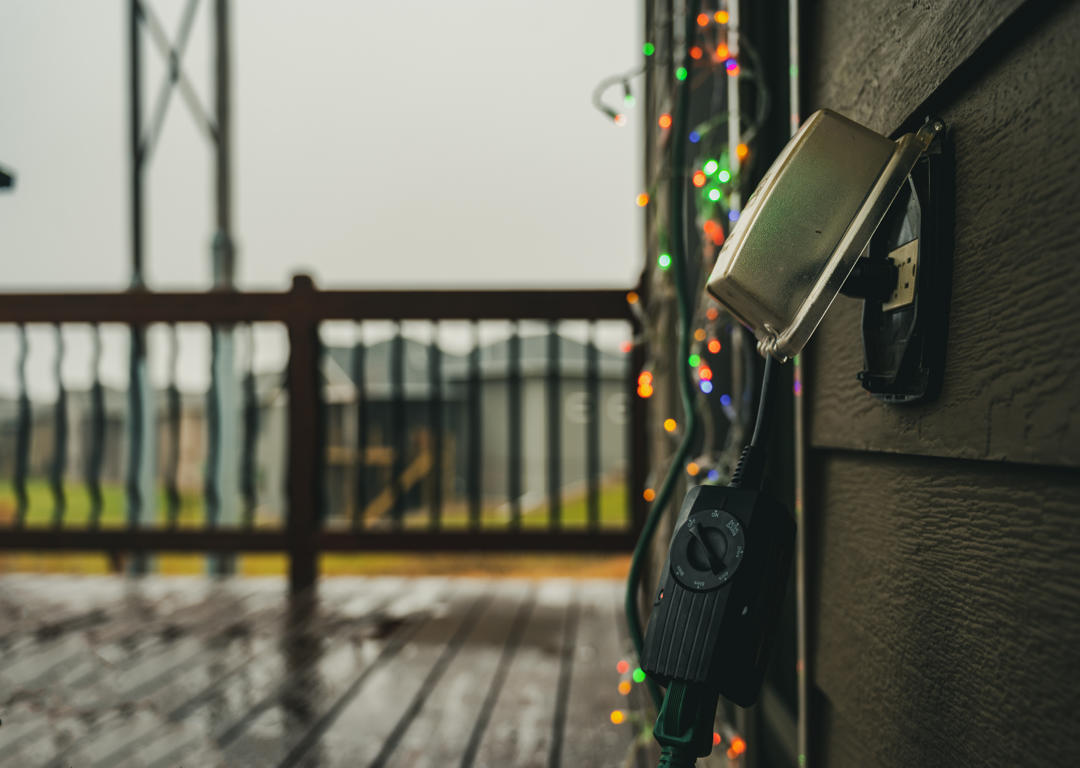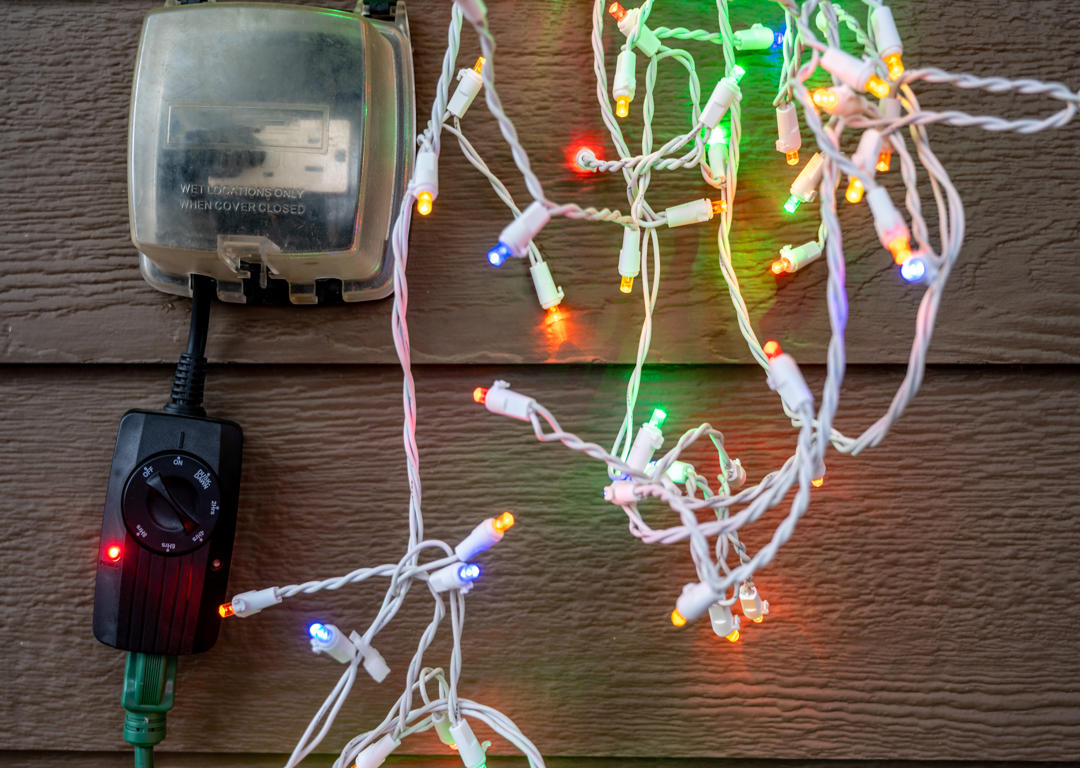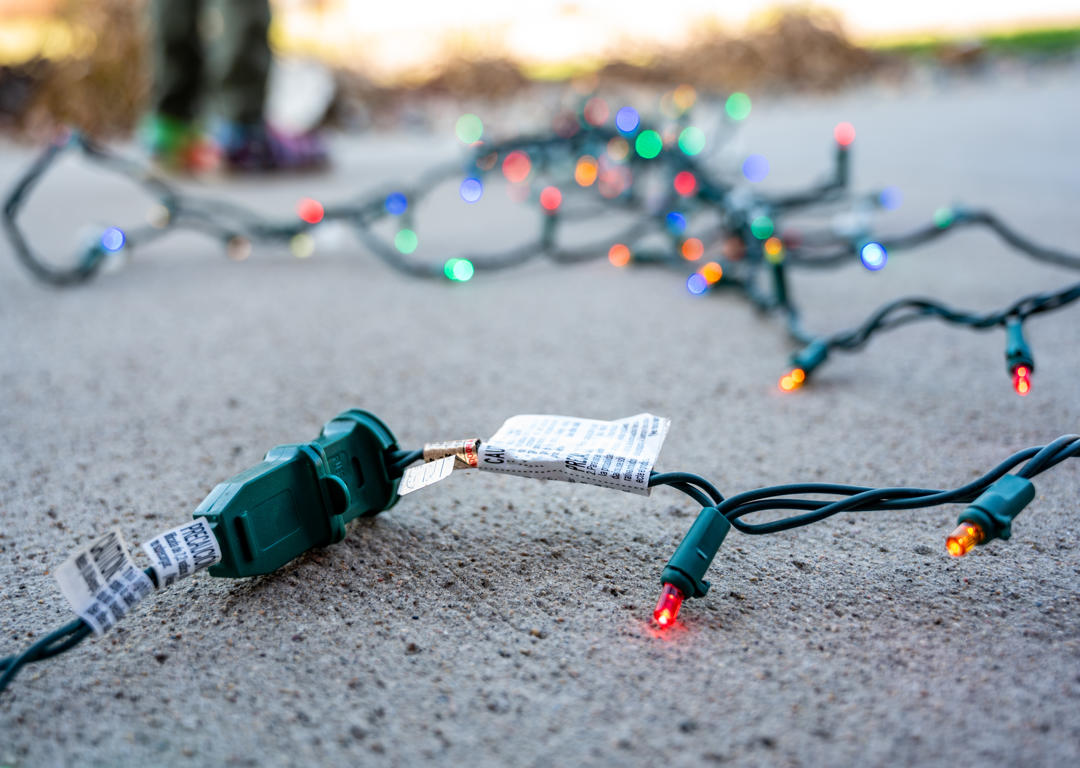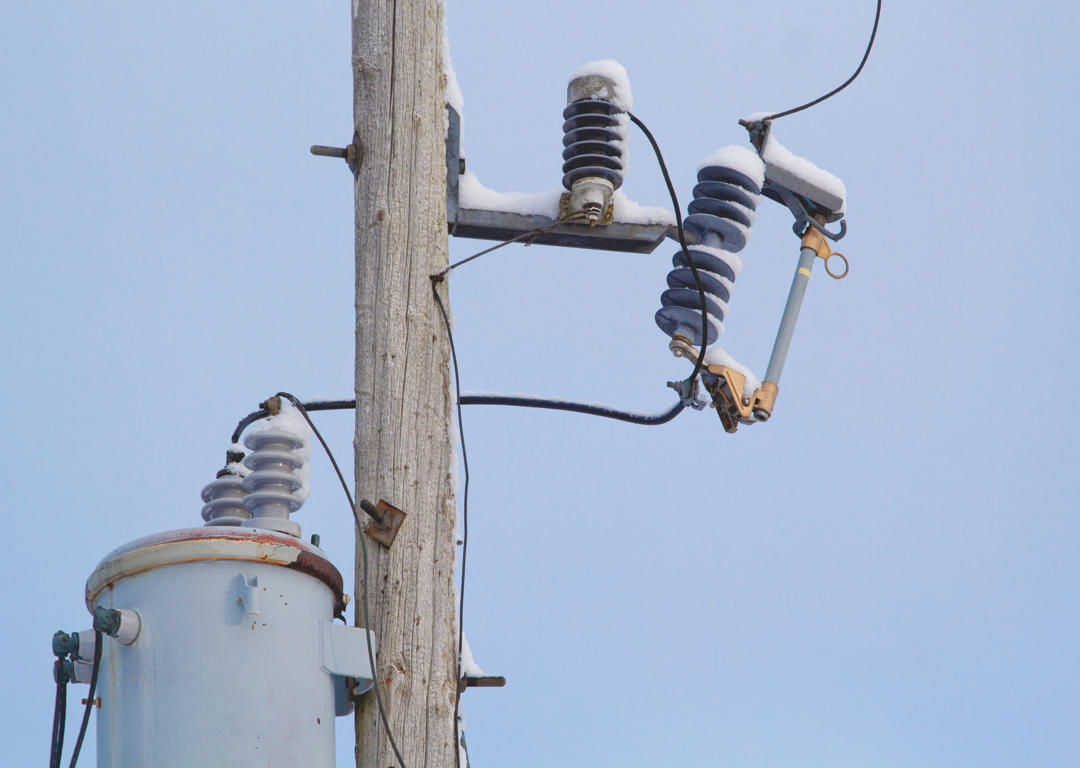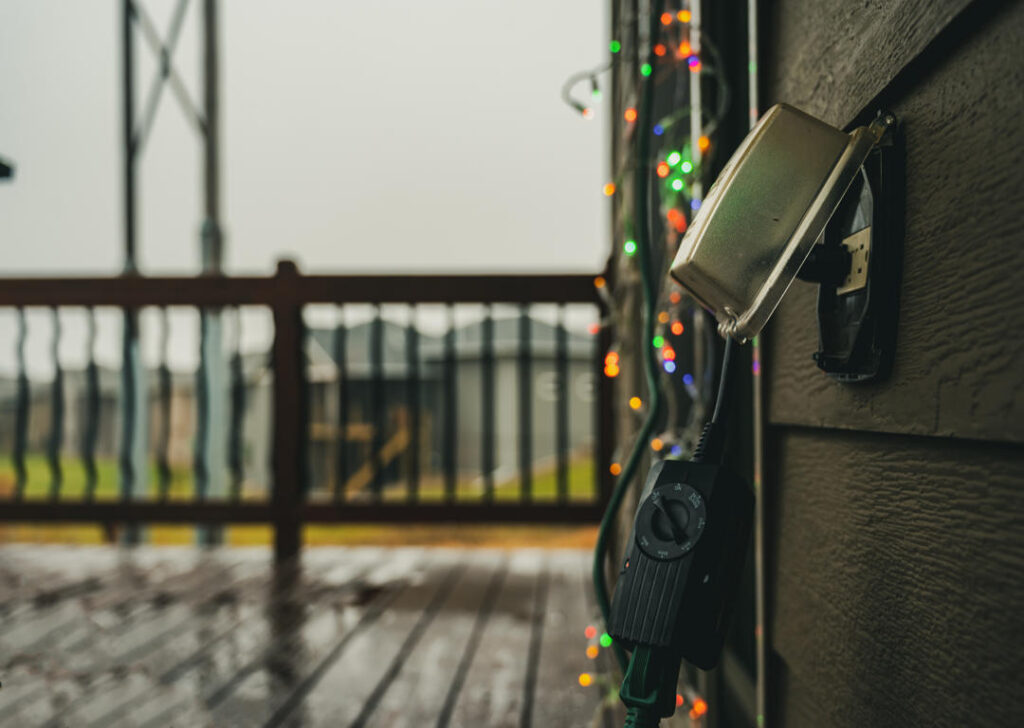
As winter approaches, homeowners need to be particularly cautious about electrical safety, especially in regions where moisture and freezing temperatures create hazardous conditions. Ground Fault Circuit Interrupter (GFCI) outlets are a crucial feature in protecting homes from electrical risks during these cold and wet months. GFCI outlets help prevent electrical shocks and reduce the chance of fires, both of which are more likely in winter due to snow, ice, and increased indoor heating. In this article, we will explore the importance of GFCI outlets in winter weather, their role in safeguarding homes, and why they are essential for ensuring the safety of electrical systems in damp or outdoor environments.
Understanding the Role of GFCI Outlets
GFCI outlets are designed to detect imbalances in the electrical current and interrupt the circuit to prevent electrical shocks. They are especially valuable in areas where water or moisture is present, which is why they are mandated by electrical codes in bathrooms, kitchens, and outdoor areas. During the winter months, these areas are even more susceptible to water-related hazards due to ice, snow, and rain.
Unlike standard outlets, GFCI outlets provide an additional layer of protection by detecting ground faults. Ground faults occur when electrical current strays from its intended path, often due to exposure to moisture. For instance, if a person touches a faulty appliance or outlet that has come into contact with water, a GFCI outlet will instantly cut off the power to prevent a potential electric shock. This feature is essential in winter when exterior outlets and wet indoor environments are more vulnerable.
Here’s why GFCI outlets are vital during winter:
- Detect moisture-related ground faults: Winter weather increases the risk of water exposure in outdoor and indoor spaces.
- Prevent electric shock: GFCI outlets interrupt circuits within milliseconds of detecting current imbalance, ensuring personal safety.
- Minimize fire hazards: By cutting off power in the event of a malfunction, GFCI outlets reduce the chances of electrical fires caused by faulty wiring or appliances.
In addition to protecting people from shocks, GFCI outlets help to prevent electrical fires. Faulty wiring or electrical malfunctions often spark fires, especially in older homes where electrical systems may be outdated. The combination of holiday lighting, space heaters, and increased moisture in winter months puts an extra strain on electrical systems. GFCI outlets provide a layer of security by cutting off power before these malfunctions escalate into fire hazards.
Protecting Outdoor and Garage Areas in Winter
Wintertime exposes outdoor electrical systems to the harshest elements, making it critical to ensure these areas are equipped with GFCI outlets. Garages, exterior walls, and any outdoor electrical devices such as holiday lights or heated driveway systems are all at risk of water damage or electrical issues due to snow and ice buildup. GFCI outlets are required by the National Electrical Code (NEC) for all outdoor outlets, ensuring that these areas are protected from electrical surges caused by moisture.
Here are common outdoor areas that require GFCI protection during winter:
Garage outlets: Often exposed to damp conditions and prone to electrical hazards when power tools or appliances are used.
Exterior walls: Especially vulnerable to rain, snow, and ice, making GFCI outlets a necessity to prevent ground faults.
Holiday lighting: Outdoor holiday decorations that use electric power need to be plugged into GFCI outlets for safe operation.
Heated gutters and driveway systems: These systems can experience malfunctions in freezing temperatures, but GFCI outlets minimize electrical risks.
Garage spaces, often used for storage and workshop activities, also need GFCI protection. Since garages are typically not as well insulated as the rest of the home, they are more prone to dampness in winter. Wet or icy conditions can quickly lead to ground faults if power tools, appliances, or outlets come into contact with moisture. With GFCI outlets in place, homeowners can rest assured that their garage remains safe for work and storage, no matter the weather conditions.
For homes with heated gutters, exterior holiday lighting, or outdoor electric appliances, GFCI outlets are essential to prevent damage and reduce the risk of electrical accidents. Outdoor electrical systems face constant exposure to freezing temperatures and ice, making the likelihood of ground faults even higher in winter. GFCI outlets ensure that these systems remain safe and functional throughout the season, regardless of weather conditions.
GFCI Outlets and Indoor Winter Safety
Winter months bring a variety of indoor electrical safety concerns, especially with the use of space heaters, electric blankets, and holiday lights. These appliances, while convenient, can easily overload electrical circuits or become hazardous when used in wet or damp conditions, such as near windows or entryways where snow may melt.
Indoor areas where GFCI outlets are essential in winter include:
Bathrooms: Increased moisture from showers and baths, combined with portable heaters or hairdryers, can lead to electrical hazards.
Kitchens: Water from dishwashers and sinks makes GFCI outlets critical for protecting against shocks when using small appliances.
Basements and laundry rooms: These areas are often more humid and prone to leaks, increasing the risk of ground faults when operating washing machines or dryers.
Windows and entryways: These zones are exposed to melted snow or ice, and space heaters or lamps placed nearby may lead to moisture-related electrical issues.
Ensuring that these key areas are outfitted with GFCI outlets can drastically reduce the risk of electrical malfunctions, shock, or fire. Many older homes may not be fully equipped with GFCI outlets in these areas, but updating your home’s electrical system to include them will enhance both safety and code compliance.
Homeowners can also benefit from installing self-testing GFCI outlets, which automatically conduct a safety check to ensure they are working properly. These outlets reduce the need for manual testing, making it easier to maintain electrical safety during the busy winter season.
How to Ensure GFCI Outlets are Properly Installed and Maintained
While GFCI outlets are essential for electrical safety in winter, it is just as important to ensure that they are properly installed and maintained. Homeowners should consider the following:
Hire a licensed electrician: Professional installation ensures that GFCI outlets are properly wired and located in areas where they provide the most protection.
Test outlets regularly: GFCI outlets should be tested at least once a month using the built-in test button to ensure they are functioning correctly.
Replace faulty outlets immediately: If a GFCI outlet does not trip or reset properly during testing, it should be replaced as soon as possible to maintain safety.
In addition to these steps, homeowners should consider updating their electrical system to include GFCI outlets in any area exposed to water or moisture, even if not required by code. Doing so offers an extra layer of protection against the increased electrical hazards that come with winter weather.

